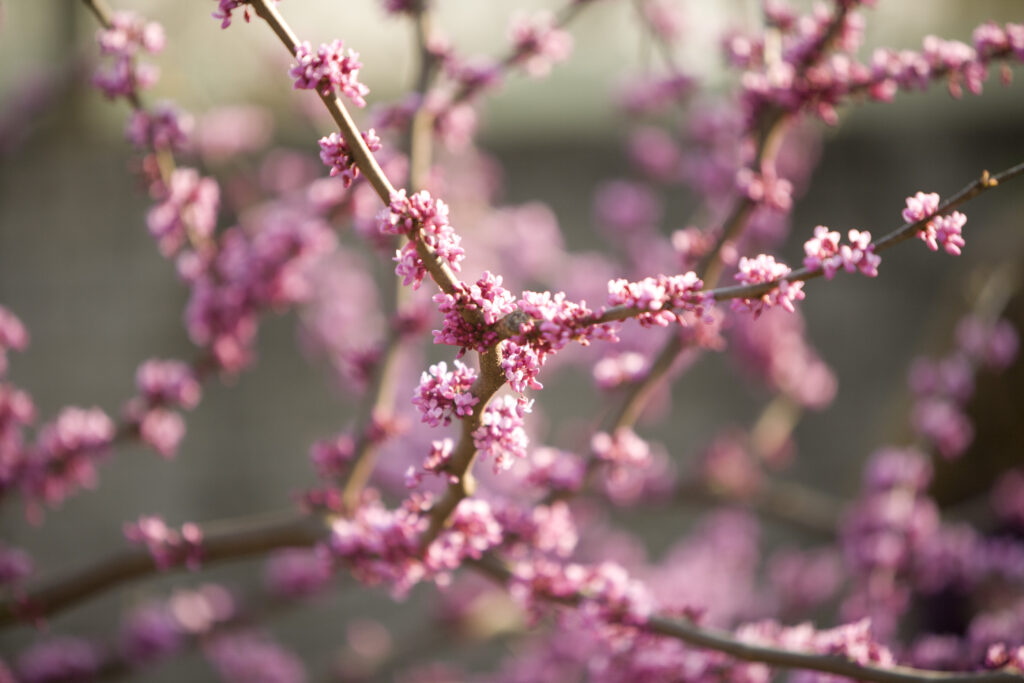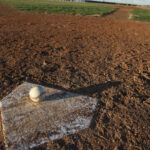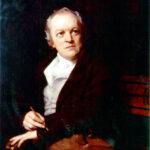Lord Byron – ‘All for Love’
O talk not to me of a name great in story;
The days of our youth are the days of our glory;
And the myrtle and ivy of sweet two-and-twenty
Are worth all your laurels, though ever so plenty.
What are garlands and crowns to the brow that is wrinkled?
‘Tis but as a dead flower with May-dew besprinkled:
Then away with all such from the head that is hoary—
What care I for the wreaths that can only give glory?
O Fame! if I e’er took delight in thy praises,
‘Twas less for the sake of thy high-sounding phrases,
Than to see the bright eyes of the dear one discover
She thought that I was not unworthy to love her.
There chiefly I sought thee, there only I found thee;
Her glance was the best of the rays that surround thee;
When it sparkled o’er aught that was bright in my story,
I knew it was love, and I felt it was glory.
I came upon this poem a couple years ago, and I find myself coming back to it. It’s become one of my all-time favorites. The beauty and value of love and youth are so easily taken for granted, but so much more valuable than what we typically consider as “fame” or “glory.”
The further I get from my teens and early twenties, the more I appreciate those years and the love and the youth of those days. It was sometimes dramatic, sure, but it was lovely too. I find myself so fond of those years. I wouldn’t trade them for the world.
When we are young we try our best. There is an innocence about it. But we are indeed young, and sometimes do stupid things as a result of our youth. And as painful as that can be, there’s beauty in it. There are valuable lessons found there. There’s a peace in knowing that, if you could, you may do some things differently, but you can’t – what’s done is done, what’s said is said. All we can do is carry those significantly good people and places and moments with us – the ones we love- in our souls and think of them fondly and learn from them. And we can trust that, though sometimes we don’t know what we are doing, God is able to work anything out for the good if our hearts are following after Him.
When we are young we dream of achievement and success and, yes, glory. But as Byron writes, true glory is the presence of love in your life – whatever love that may be. A wife or daughter – brother or sister – mother or father – this love is true glory.
What care I for wreaths…?
So if you have love in your life don’t forget to bask in the glory of it all. It’s what gets us all through.
I knew it was love, and I felt it was glory.
Perhaps this is what Jesus meant when he told us to love others. And I think it’s part of what makes God so glorious, because He is the source of love God first loved us – mistakes and all. We don’t have to prove it, or earn it – just to accept it. And that’s a truly beautiful thing.







